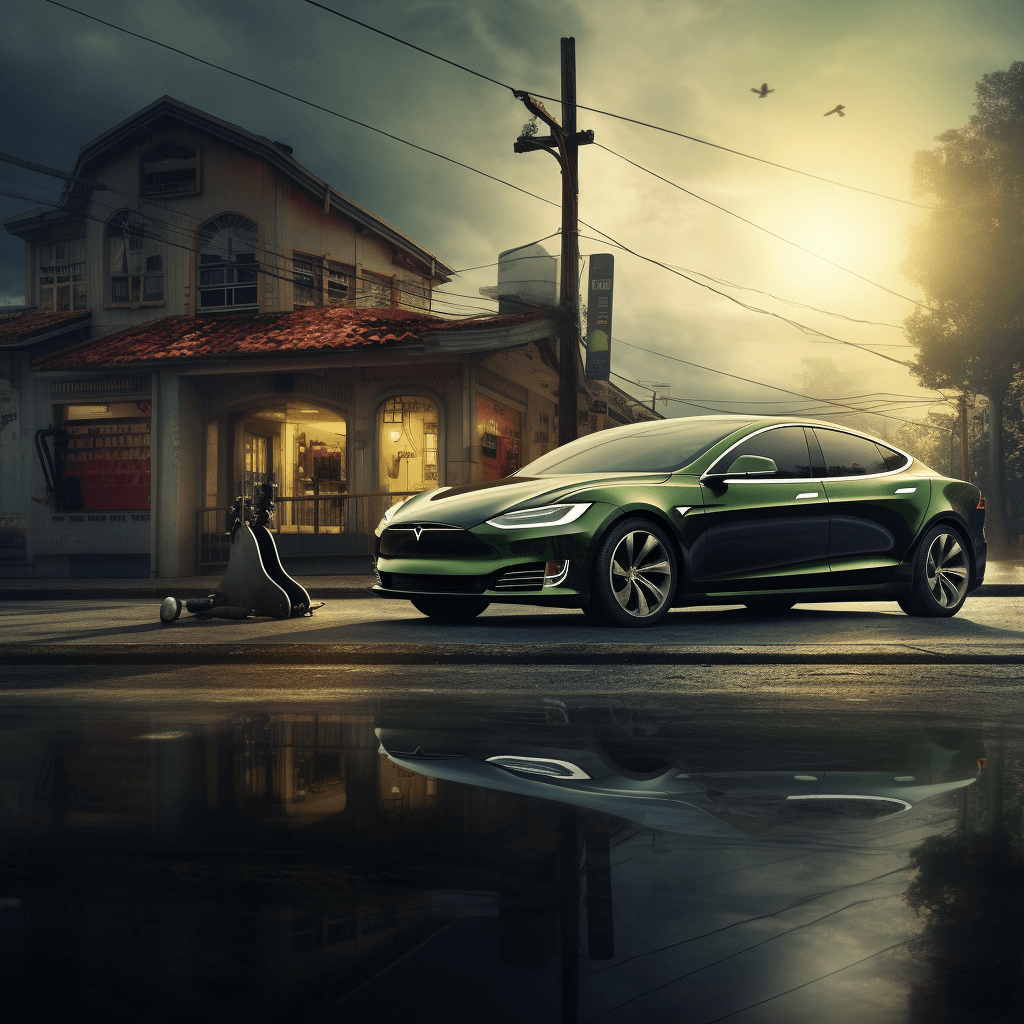Gasoline vs. Electric Car Buying Guide

Choosing between a gasoline and an electric car marks a significant decision in the modern era of mobility. This guide delves into the considerations and innovations shaping the future landscape, aiding consumers in making an informed car buying choice.
Evaluating Gasoline and Electric Vehicles
The automotive landscape is rapidly evolving, and deciding between gasoline and electric vehicles (EVs) requires understanding their core differences in propulsion and energy sources. Gasoline engines have come a long way since Nikolaus Otto's 1876 invention, with advancements leading to greater efficiency and power. Conversely, electric vehicles, having existed since the 19th century but overshadowed by their fossil-fueled counterparts, experienced a resurgence, particularly with Tesla's introduction of popular models like the Model S, which became one of the best-selling electric cars worldwide.
When comparing operational costs, EVs generally lead with lower expenditures due to fewer moving parts and the relatively stable price of electricity over gasoline. Maintenance follows suit; electric cars require less frequent servicing as they lack components such as oil, fuel filters, and spark plugs that are commonplace in internal combustion engine (ICE) vehicles.
The environmental impacts are another crucial comparison point. Electric cars offer the promise of zero tailpipe emissions, a stark contrast to the pollutants released by gasoline engines. This aspect significantly influences environmentally conscious consumers and is augmented by government incentives aimed at reducing the carbon footprint, such as tax credits, rebates, and grants for purchasing electric vehicles.
An important technical comparison lies in the efficiency of propulsion systems. Electric motors are inherently more efficient than ICEs, converting up to 60% of electrical energy into vehicle motion compared to gasoline engines' average of 20%. However, electric vehicle adoption is tempered by concerns over charging infrastructure and range anxiety—the fear that a vehicle won’t have sufficient charge to reach its destination. Despite the rapid advancement of charging networks globally, this remains a significant barrier to some consumers.
Regarding rechargeable batteries, EVs depend on their energy storage capability, with developments continually extending their ranges. Gasoline vehicles, in contrast, have fuel diversity with some models compatible with alternative fuels such as E10 (gasoline with 10% ethanol) and E85 (up to 85% ethanol), offering a modicum of flexibility not yet available in electric models.
To equip potential buyers, consider the following factors before purchasing:
Initial Cost: EVs typically have a higher upfront cost but benefit from incentives and lower lifetime operating costs.
Fueling Infrastructure: Check if your living area has sufficient charging stations or consider a home charging setup.
Maintenance Requirements: Understand that electric vehicles require less frequent maintenance, potentially leading to long-term savings.
Environmental Priorities: If reducing emissions is a significant concern, EVs likely align more closely with your values.
Range Needs: Evaluate your typical driving distance to determine if an electric vehicle's range is suitable.
This chapter has set out to provide a thorough comparison of gasoline versus electric vehicles. Moving through their historical development to present-day considerations illustrates how deciding on either vehicle type necessitates a comprehensive understanding of both practical and forward-looking facets of automobile ownership.
As the reader navigates through this nuanced terrain, the aim is to transition smoothly from a technical foundation to actionable advice, equipping them with the knowledge required to make an informed and personalized decision in the context of an evolving transportation ecosystem.
Whether choosing a gasoline engine revered for its century-old legacy, or an electric vehicle symbolic of environmental stewardship, consumers must navigate a complex landscape. This guide has unpicked key factors that influence the decision-making process, equipping potential buyers with the understanding necessary to make a choice that harmonizes with their lifestyle, economic considerations, and ecological convictions.